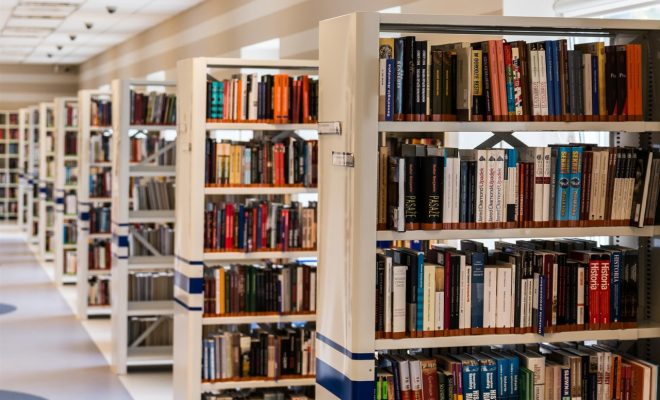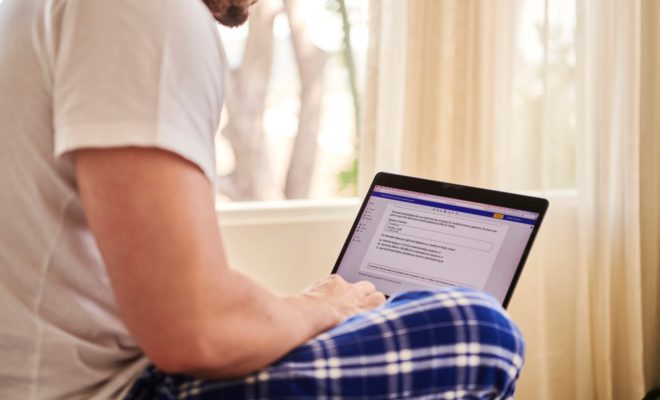Debunking History Myths That People Think Are Solid Facts

In this day and age, we are constantly flooded with all sorts of information that is out there on the internet and social media platforms like Facebook and WhatsApp.
But the sad reality is that much of the time, information on the internet or social media turns out to be partially distorted or is even completely fabricated. So, telling fake news from authentic information is an essential skill that everyone needs to learn, especially children.
The Dangers Of Misinformation
As they say, ignorance may be bliss, but incomplete information is dangerous. And there’s something in that statement. For starters, incomplete or distorted facts are often presented as the truth. So, false things may actually appear to be factual. So, it isn’t always easy to spot misinformation, which adds to how dangerous this phenomenon is.
Secondly, there is always a risk that students may reach incorrect conclusions based on false information they read on the internet. This can have severe consequences because people often develop negative stereotypes and prejudices based on fake news. This is why we must teach our kids how to tell what’s real and what’s not. We need to give them the skills that will help them obtain authentic information.
Most Common History Myths
There is a terrifyingly long list of history myths out there that people think are facts. Below I’ve provided a few examples:
- 300 Spartans held off the Persians at Thermopylae. False! Actually, it was more like 6000, and they included not only Spartans but also warriors from other Greek city-states.
- Marie Antoinette famously said, “let them eat cake.” False again! She never said anything like that.
Tools That Help Kids Fight Misinformation
The good news is that there are some excellent resources available online that can help children combat misinformation. First of all, we need to teach children that they must always take information from trusted sources like peer-reviewed journals or textbooks.
If children are accessing information online, we must tell them that they need to get knowledge only from websites with some sort of fact-checking mechanism. In fact, some trusted YouTube channels have fact-checking, and they are perfect for students who want to get some authentic historical information.
There are also fact-checking websites on the internet that students can use to correct their information.
Concluding Thoughts
In this world of fake news, children must learn to identify authentic knowledge from false rumors. Using trusted websites and fact-checked information can ensure that children do not learn incorrect facts.






